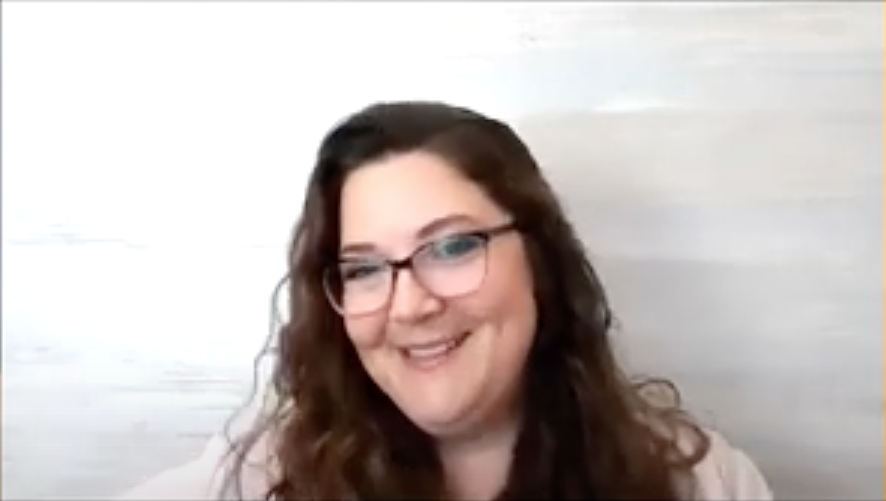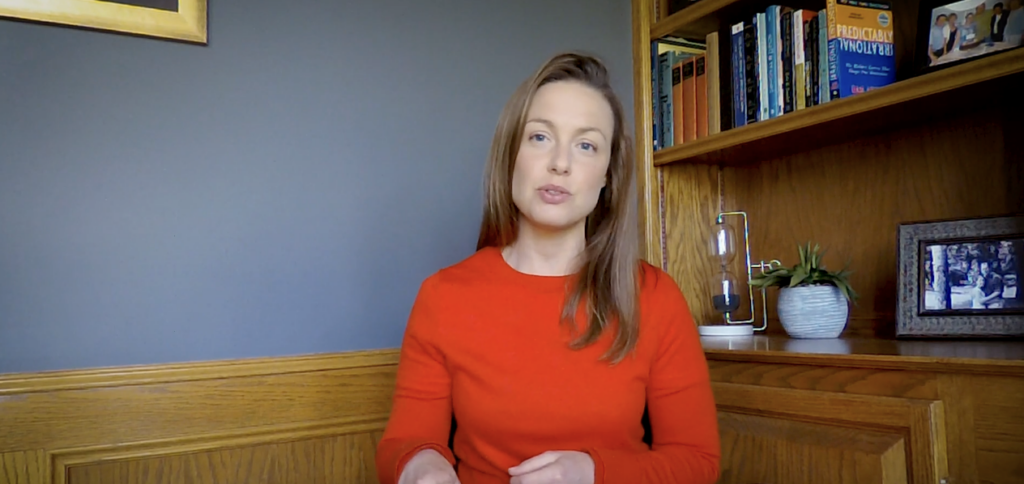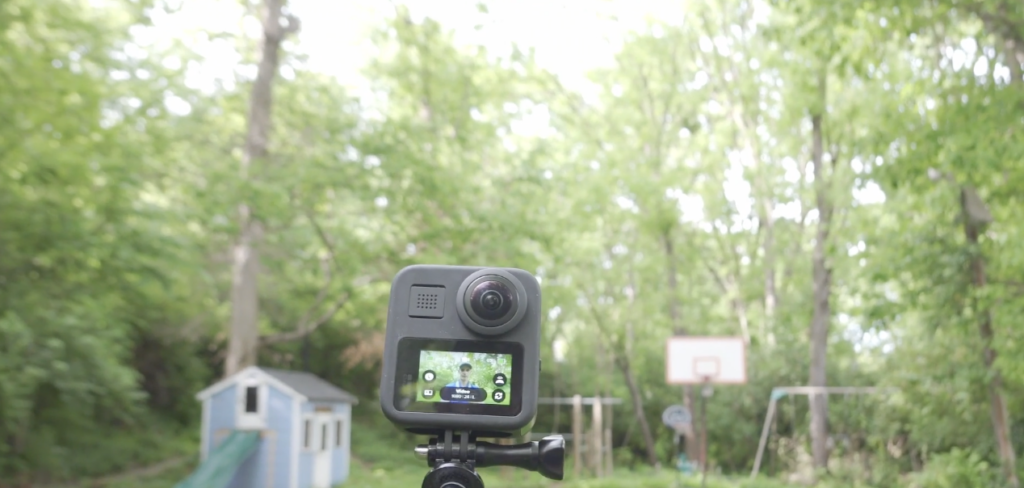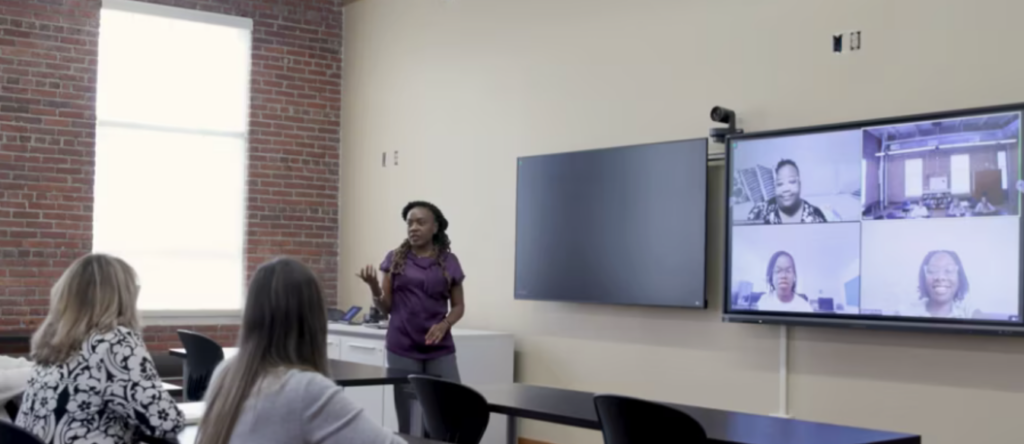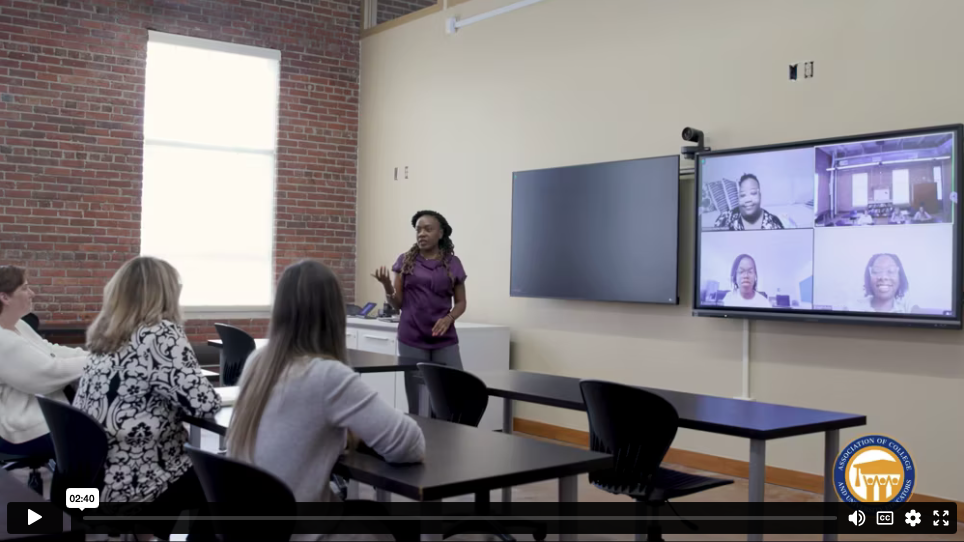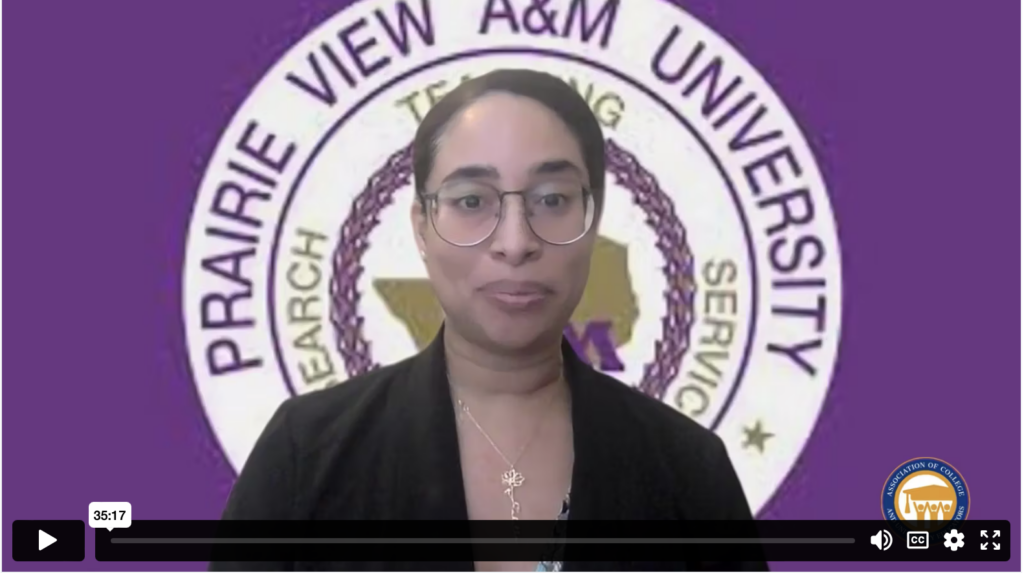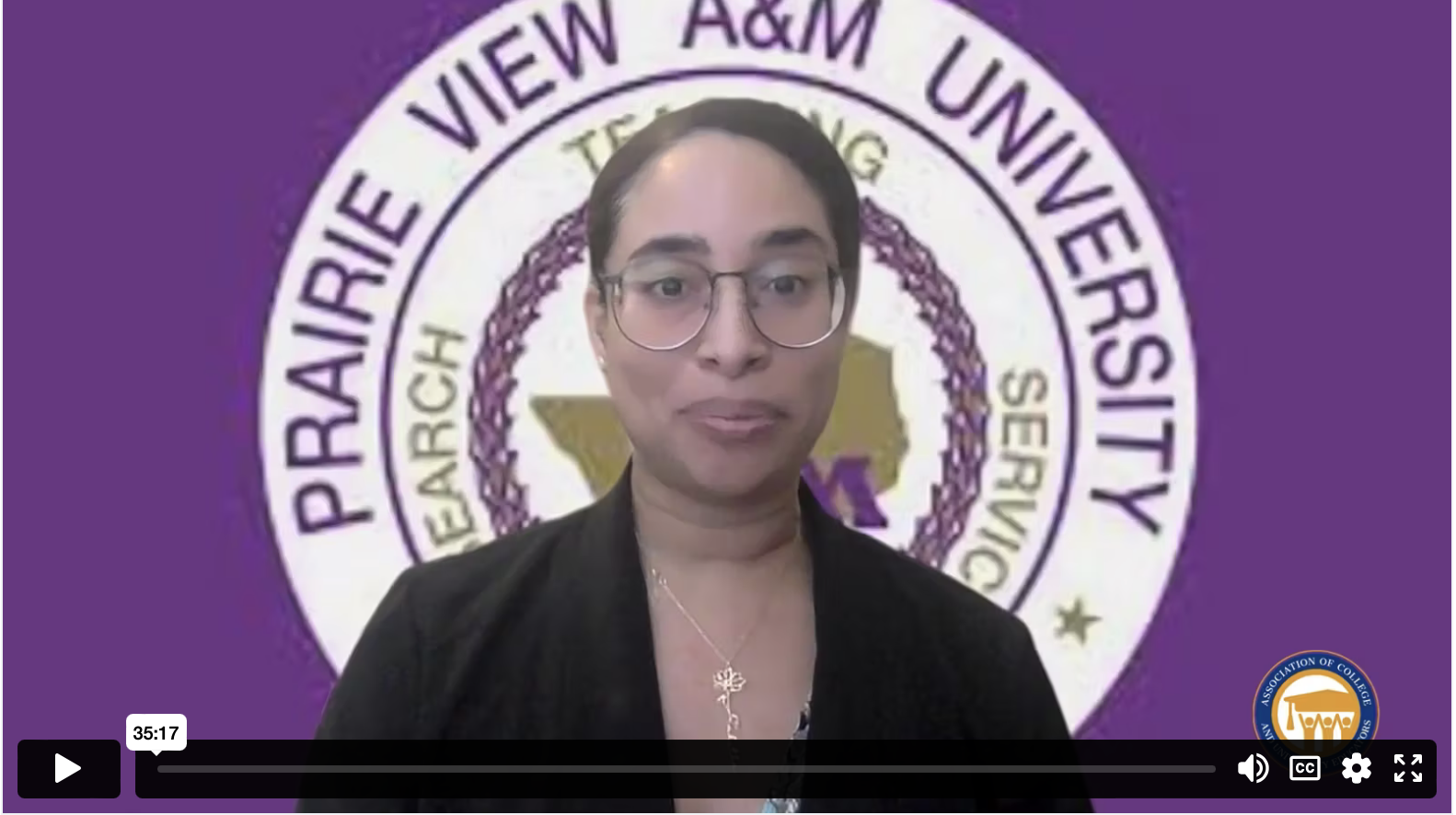NHETC’s Opening Plenary Panel: College Teaching’s Past, Present, and Future
In June, the National Higher Education Teaching Conference opened with an insightful conversation on “College Teaching’s Past, Present, and Future.” Panelists José Bowen, author of Teaching Change, Corbin Campbell, author of Great College Teaching, Laura I. Rendón, author of Sentipensante Pedagogy, and Jonathan Zimmerman, author of The Amateur Hour, along with moderator and Emmy award-winning NPR correspondent Michel Martin, explored the kind of teaching we need—and how to get more of it. (Captured, condensed, and edited for clarity.)
Michel Martin (MM): Professor Zimmerman, maybe it’s me, but I had no idea until I read your book that college teaching has been so casual, and that it has had so few guardrails around it.
Jonathan Zimmerman (JZ): College teaching can be great. It can be terrible. It’s mostly in between. The larger problem is that we haven’t embraced real professional standards for what constitutes good and bad teaching, nor do we have systems to try to hold people to those things. That’s why I call my book The Amateur Hour. Not because amateurs are bad—sometimes amateurs are great. It refers to the absence of a real collective sense of standards and responsibility that we hold ourselves to.
MM: Professor Rendón, your work has been focused on the students like you and, frankly, like me, who came from backgrounds where our families didn’t go to college or didn’t go for long. Tell me about some of the challenges that these students face and why teaching is critical for them.
Laura I. Rendón (LIR): Much of my work is about students who grow up like me with hopes and with dreams, but often don’t know how to realize them. Many come to college and leave their culture behind. They don’t have a lot of validating agents that say, “I support you. I believe in you. I care about you. I’m here to help you.” All of that needs to change. So, when you ask “How is teaching and learning across the board?” For racially minoritized students, we haven’t gotten to the point where these students feel that higher education cares enough about them to make a difference for them.
MM: Is it the same as it was, according to your reporting and research, as when you got started?
LIR: Things have improved, certainly, but we have a way to go. I see many students still struggling with how to navigate themselves in the higher ed world. The language is different. The conventions are different. The traditions are different. The people are different. So, you know, we are immigrants. We’re academic immigrants, so to speak, moving from our worlds that have nothing to do with higher ed into the world of higher ed. So, we need to help them believe that indeed college is for them and that we see them as fully capable of learning.
MM: Professor Campbell, one of your books is Great College Teaching, so I assume that there is some to tell us about?
Corbin Campbell (CC): Absolutely. This book is about a study where we observed more than 700 courses across nine very different universities, including broad access regional comprehensive universities, highly ranked private universities, public flagship, and the private liberal arts. And I would love to be able to say that I found great college teaching across the board. But actually, the results are middling. One of our findings is that great college teaching is happening in spaces that are typically less seen in higher education—typically less understood as “prestigious.” It wasn’t the most highly ranked research university courses, for example, where the best teaching was happening. More of the student-centered practices that support the students that Laura was just speaking about—those culturally relevant practices, the teaching that lifts up students’ prior knowledge and lived experiences—those practices and understandings were less seen across the board.
MM: Why is that? One of the through lines from Professor Zimmerman’s work to your work and to the CUNY Chancellor from whom we just heard is that the incentives haven’t been there. That teaching is just not as valued as people think that it is. Research, publication, those are the things that are valued. Is that it?
CC: Yes, this is exactly the issue. We have faculty who intrinsically deeply care about doing student-centered teaching. And they are doing that in spite of challenging reward structures that do not reward them. There are studies that show that for every hour that a faculty member spends on their research, it’s associated with an increase in salary, whereas in every hour they spend on their teaching, it’s associated with a decrease in their salary. For institutions that are trying to move in the rankings, there’s been studies that show that they take money out of instructional expenses and move it to marketing. So, if you are an institution that is deeply committed to teaching and you keep the funds in instruction, you are sacrificing potential prestige.
MM: Professor Bowen, you’ve got an interesting task here, which is to help us think about how we learn and also why we learn. So, I’ll just start by asking: How do we learn? And do we incorporate what we know about how we learn into the way we teach?
José Antonio Bowen (JAB): I often talk about how the most important parts of teaching and learning are these new “three R’s,” or relationships, resilience, and reflection. As a student, it’s about how I feel about my experience in the classroom. It’s about intrinsic motivation or engagement, optimism, and agency. I think you can reduce that to three feelings, and if our students feel these, they learn. First, they start to care, because the purpose is clear. They understand why this matters. Second, they believe they can do it, that the work is something they are capable of. And then finally, they have agency. They matter. All that great teaching really is, is if I can get my students to care, believe they can, and that they matter. Then they will learn.
MM: Have any of your thoughts been influenced by recent trends, such as the rise of artificial intelligence?
JAB: These trends mean that the kind of liberal arts education that I cherish has become more valuable. We have no idea what the jobs of the future are going to be. For example, everybody was learning computer science 10 years ago. And now one of the five industries that AI is most likely to disrupt is coding. Whoops! So, let’s hope you can learn something new. The idea that you can learn something new, that you can become a thinker who is flexible and adaptable, has never been more important.
MM: Professor Zimmerman, your book names certain innovations over the course of time that were supposed to “fix” this thing, like student evaluations. Why didn’t they?
JZ: Well, we were always looking for a better mousetrap, and we have been for about 100 years. You mentioned student evaluations. There are important things we can learn from them. But in and of themselves, they’re not going to solve the essential problem. Speaking of trends and predictions, my interest in college teaching started at a conference about online instruction. About half the people said that online innovation was going to make everything better. About half said it was going to make everything worse. And I’m sitting there saying to myself: Excuse me, what’s “everything”? What are we doing now? The claims that it’s going to make everything better or worse have something in common. They imagine the shared baseline. I decided to write about the history of college teaching because we didn’t have a baseline.
MM: Professor Rendón, I’m assuming that some of the things that Professor Bowen said about the ways that students learn resonate with you because your work is so much about the students who have been left out. What has been most meaningful for students that you’ve worked with over the years?
LIR: As I hear all of these very remarkable ideas, what comes to mind is that that we need to interrogate the basic assumptions that guide teaching and learning. The privileging, for example, of Western wisdom; the privileging of intellectual learning at the expense of intuition and feelings; the privileging of separation at the expense of a relational ontology and working with students in an affirming validating way. It’s not all about content. It’s not all about intellectual development. And let me just say clearly that I’m not against that. I want our students to be super smart, brilliant, but I also want them to be good human beings. I want them to be bridge builders. I want them to be equity and justice warriors. I want them to help this world to be a better place to live. I’m talking about skills such as empathy and compassion and “pluriversality,” a word that I learned from indigenous cultures, where we’re able to entertain not just this or that—contrasting perspectives—but really think about multiple options, multiple solutions to a problem.
MM: Professor Rendón, this is where the rubber hits the road, because these are exactly the kinds of principles that are under attack. How do you respond to the argument that this kind of teaching and learning is “soft,” “anti-intellectual” or “a-intellectual,” “lacking in rigor,” and “indoctrination”?
LIR: When I speak to students and the faculty that are doing just what I’m talking about, we’re not talking about making students weaker. We’re actually talking about making them stronger. Students, for example, that have been in the Puente Project in California start out believing that they don’t have what it takes to be successful. So, we’re talking about transforming these students into believing that they can indeed do this. And so, is that weak teaching and learning? I don’t think so. Those are, again, underlying belief systems that need to be put to rest.
MM: How do you build constituency around that? Professor Campbell?
CC: The kind of teaching that Professor Rendón was just describing benefits all students. This is part of the way that we can build a stronger constituency. We know that the kind of teaching that supports students both cognitively and emotionally is actually a bridge to subject matter acquisition. At the same time, it’s developing students’ ability to be better citizens. The benefits to all students include increases in learning across the board, higher graduation rates across the board, and smaller opportunity gaps.
MM: Do you think people believe you?
CC: Well, there’s real evidence of this. Broad volumes, like How College Affects Students, bring together meta-analyzes of different research. All of the kinds of teaching practices that we’re describing have been associated with student learning, stronger graduation rates, improving ethical and moral reasoning, improving leadership capacities, improving diversity orientations. The evidence base is just that clear.
MM: Okay, well, maybe that’s a different conversation because I’m saying that the facts and the politics are sometimes not in alignment.
JAB: I would agree. There are some “alternate facts” here. And there are people within our own institutions who, despite the overwhelming evidence, think this is going “soft,” who say “I have to make sure my students know this . . . I have to cover all this material.” There are all of those impulses, and now we have this political pressure too. And I’ll just say out loud what I think is another elephant in the room: There are some parts of the population who don’t want us to empower everyone to learn, who are afraid of what that will mean if, in fact, we create students who are more interested in interrogating truths.
CC: As for a constituency, there’s also a really interesting nationally representative poll of the U.S. public asking: What is the most important factor in what makes the “best” university? And the survey listed all kinds of options, like level of graduates’ first salary, whether they had great sports teams, one’s contribution to community, and several other factors. The number one most important factor selected by the public? “It has the best college teachers.” So, there is some broad support across the public that college teaching matters.
MM: Professor Zimmerman, does the evidence matter when it comes to the argument that Professor Rendón and Professor Campbell make? That the facts support an inquiry-based form of teaching and learning?
JZ: They do. The evidence is really clear that inquiry matters. But to your question about whether the facts themselves matter, I think the big question for us as a democracy is: How much of this “inquiry stuff” do we want? Look, the kind of techniques Corbin and Laura were describing are things that I called democratic education with a small “d.” What if it turns out that the “demos,” you know, those pesky citizens that elect school boards and pay taxes, don’t want that? Is it actually democratic, number one? And number two, to those of us who believe deeply in it, what do we have to do to make the democratic case for democratic education? To me, that’s the question of the day.
MM: Could I ask each of you to give us a closing thought?
JAB: Well, I want to pick up what Jonathan said, and if facts matter. AI is going to make it even harder for people to know what the facts are. So as much as we are people of the facts, my challenge is about the inquiry model. I may not be able to give my students a way to know what a fact is for the rest of their lives. But I can help them turn into a person who is open to changing their minds, to investigating deeper, to questioning, to being a skeptic.
MM: Professor José Bowen, thank you so much for being here. Professor Campbell?
CC: This is a really interesting time for those of us who care about college teaching. It’s a time of disruption in higher education that’s both worrying and interesting. With COVID, faculty saw that they could do something wholly different on a dime. There was movement there. We have rankings being questioned like never before, and they’re having to rethink what that looks like. The Carnegie Classification system is being rethought. There is a window of opportunity here. I would love to see the institutions who do great college teaching well—which we know leads to stronger student outcomes across the board, and especially for students who could make our society more equitable —that those are the institutions that are being rewarded, that are being seen, that are visible, and that ultimately are getting additional resources to do that good work.
MM: Professor Corbin Campbell, thank you so much for joining us. Professor Zimmerman?
JZ: I’ve been thinking about a passage in my book when, in the 1950s, a professor goes to a meeting just like this, and he writes a letter the next night saying, “You know, these meetings are like the snow globe I had when I was a kid. We shake it up and it makes lots of snow. But then everything goes back down to the bottom until we shake it up again.” What Corbin and others are asking is: How do we avoid repeating that history? At some level, it’s got to involve changing incentive structures. All of us know that, and in some ways, I’m shaking the globe again by saying it. But at the end of the day, moral suasion is not going to solve this problem. We’ll keep shaking the globe until there are actually real material incentives to teach better and actual real material disincentives when teaching poorly.
MM: Professor Jonathan Zimmerman, thank you so much for joining us. Professor Laura Rendón, will you bring us home?
LIR: Absolutely. Teaching and learning can be quite overwhelming for so many of us. We ask: Where do we begin? And so, for me, it’s about viewing all students, and especially the ones that come to college without having the experience of being in a culture where they have a lot of privilege, but come to college seeking assistance, seeking someone who can reach out to them. And so, the essence here is about believing that students can succeed, viewing students as truly capable of learning. The other piece is about making them whole. These students have been fragmented, torn apart because of their experiences early on. And so, this is a tough job that we have. But we need to move forward believing that students can do this. And so, I want to end by thanking all of you, because I know that all of you are here because, for you, teaching and learning is numero uno. It’s been great to be with all of the panelists, and thank you, Michel, for moderating. Muchas gracias.
MM: Professor Laura Rendón, thank you so much for being here. Thank you all so much for being here, and to our panelists, thank you.
###
